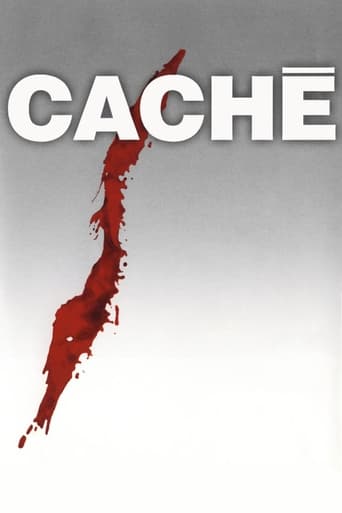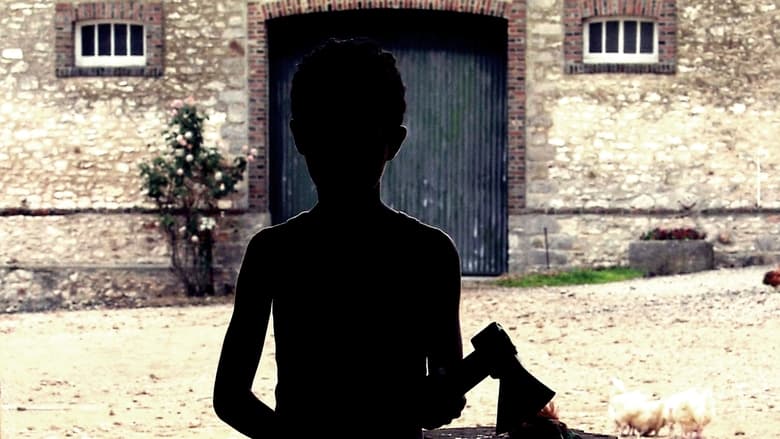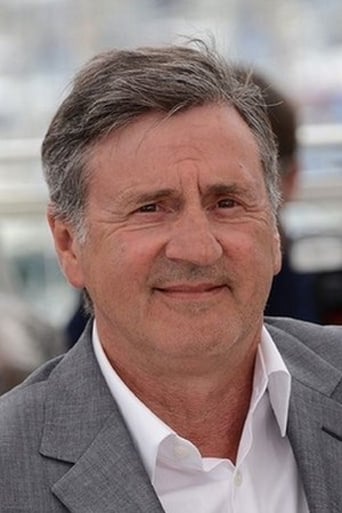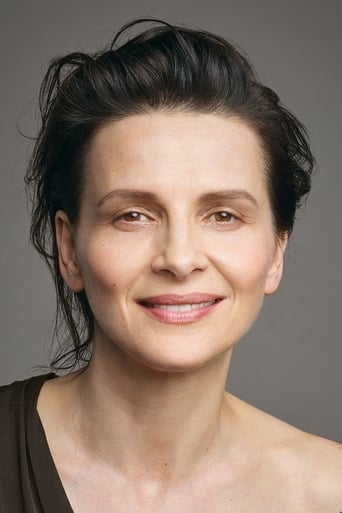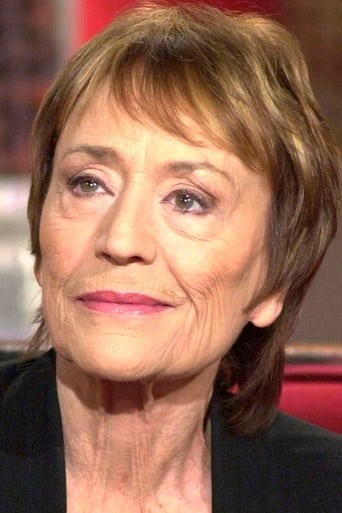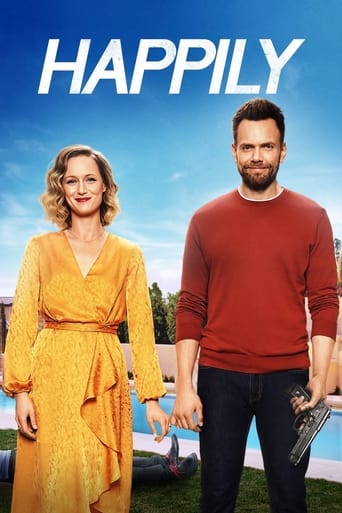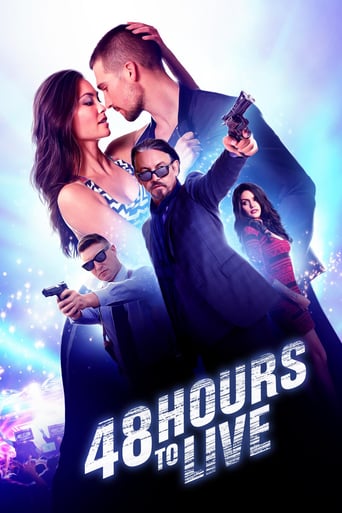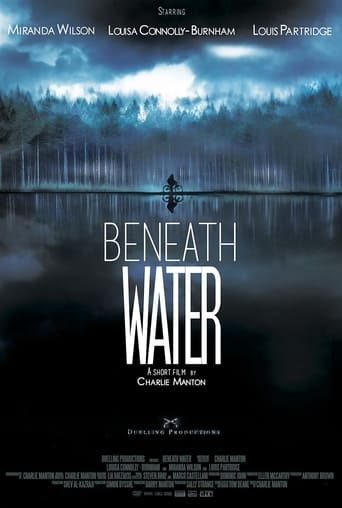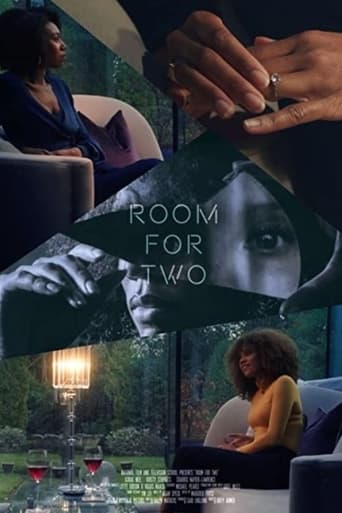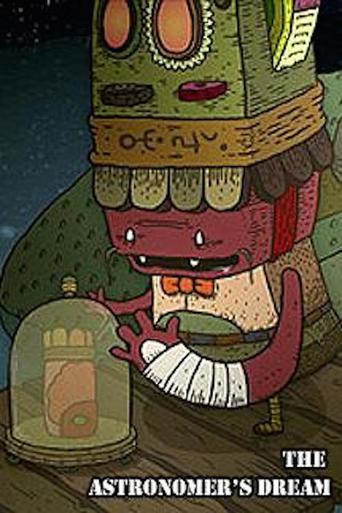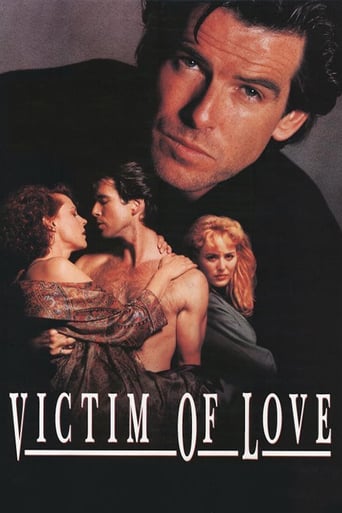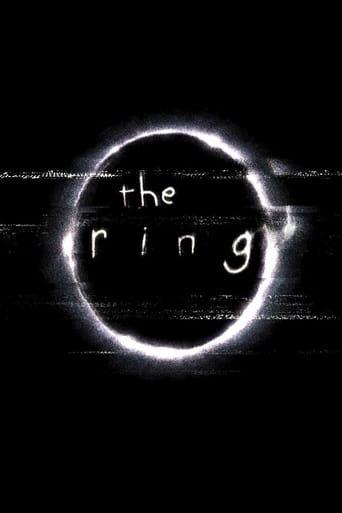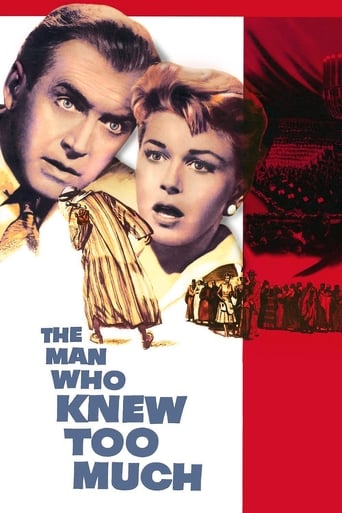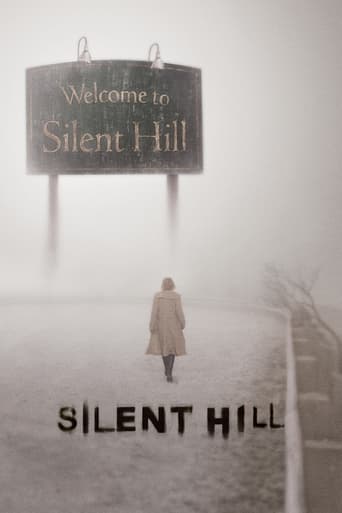Caché (2005)
A married couple is terrorized by a series of videotapes planted on their front porch.
Watch Trailer
Cast


Similar titles
Reviews
Movie's director plays much too much with viewers suggesting illogical events or matters just in order to get them lost. Besides, the main character's reactions can be seen as too caricatural and even unbelievable. The end opens up other dimensions in the understanding of the story which, once again, is merely another trick to make people think about a movie which is simply irrelevant most of the times. Sorry to say it, but suiciding because of a childhood trauma, although having built one's own life and being a father, is at the minimum extremely depressing and absurd if not completely impossible in reality.
Not even close to a masterpiece as I was led to believe. Themes on guilt and trust does work with some excellent performances. But it seems to me that the director tries to inflict the collective guilt forcefully by using some scenes and dialogues rather than conveying through the natural flow of the film. It's especially visible because how rest of the film plays out and the scenes that's supposed to be shocking isn't as impact full as it could have been. The simple high definition digital cinematography (however good the staging is) and the dull pacing highlights the faults because of what this could have become. The status of the director and the forced messages seems to be the reason for the reception of this film in my view.
Liberty, Equality, Fraternity. This is France's established, officially disseminated political memory. The Storming of the Bastille on the afternoon of 14 July 1789: this is the event and date that French citizens have etched in their collective memory.However, the date in France's repressed political memory, which is cited in Michael Haneke's Caché, is October 17, 1961. On this date, French police brutally quashed peaceful demonstrations of hundreds of Algerian protesters who had congregated in Paris to protest against a French security crackdown during the Algerian War of Independence. The official death toll the following day was two dead but this figure was disputed with reports of dozens of bodies found floating in the River Seine. (The figure cited in the film is 200 dead).Haneke's film cites this clash, which is a sore spot in Frances history and something that was hidden from France's political memory for decades. A public inquiry was prevented and access to archived police records relating to the event was not allowed until 1998.However, Caché is not a film explicitly about these events, they function in the narrative as a framework for the complex relationship of memory, forgetting, and guilt. Within the film's narrative, the Algerian character Majid's parents were killed in this massacre.The opening shot is immobile unwavering, unflinching, mechanical, objective. It is digital video footage: cheap, the medium of the masses. It is post-modern, it depicts the cold light of present day. One of the opening lines: "It doesn't look like it was filmed through a window". It is unvarnished and unedited (unlike the protagonist Georges' TV program and life). It is real. Nothing of note happens in the taped footage. The lead characters rewind the footage and watch again. A trick is revealed. We realize we are watching taped footage that the 'agents' of the scene are also watching. What are we ultimately watching? We are watching the watchers, the chattering classes of contemporary France; those who interpret and disseminate France's political memory. We are watching them manipulate history. Edit time. Rewind, fast-forward, cut, omit. (Editing an episode of his TV show later on, where he cuts back in: the woman on screen smiles and says "it's poetic license, no?").Georges hides from his wife, from his son, from his mother, from his friends. His wife Anne finally breaks down later in the film, pleading: "People talk to each other, don't they?"The mother, too, also keeps memories hidden. She claims to not be aware of whom Georges is referring to when he mentions Majid, despite the fact that this was a child she had planned to adopt. She has suppressed the memory: "It was a long time ago. And it's not a happy memory".The Euronews footage from Iraq (which appears at the golden section of the film) depicts events that may well be repressed in the political memory of certain European countries decades in the future. France (along with Haneke's homeland of Germany) famously refused to join the USA's 'coalition of the willing' in 2003 to invade Iraq. Caché can be seen as a riposte to French commentators who were suggesting at the time of filming that France had somehow taken the moral high ground. Wait, says Haneke, we have plenty of skeletons in our own closet.As the narrative scene plays out, neither actor is center of frame – it is the television screen, the news footage – now of conflict in Palestine - which is center. It is in the background and the foreground simultaneously. We try to ignore it to follow the narrative, but it is difficult. It refuses to be hidden. One recalls the intentional confusion between the director's camera and the video in the opening scene. The news footage references Italian and British forces. This is not simply a French film for French audiences. This is an international film for all nations. After Sajid completes his suicide, we see Georges has spent the following hours in the cinema. He has sought escape from the horrible reality in a dark room. Later he hides from his 'friends' in his darkened bedroom. Lastly, in his final scene, he closes all the curtains to block out the light."Do you expect me to apologize?" he asks Sajid's son towards the end of the film. (French president François Hollande would eventually apologize for the killings in 2012, seven years after this film was released).At the end of Caché, the protagonist lies down on his bed. A memory plays back in Georges' mind, one he has fought his entire life, since the age of six, to forget. It comes not as redemption but as a torturous thorn. Georges shows no remorse. There is no repentance or contrition. Thus, he will never know Liberty (he lives in a cage of lies of his own devise), Equality (apologies are offerings that disrupt the established hierarchies and, as a result, level out differences) nor Fraternity (his would-be adopted brother is dead).
Michael Haneke is a true genius when it comes to directing films and Caché (Hidden) is another one of he's brilliance. The story to Caché (Hidden) is about Daniel Auteuil character George, who hosts a TV literary review. Then suddenly he starts receiving packages containing videos of himself with his family-- shot secretly from the street--and alarming drawings whose meaning is obscure. He has no idea who may be sending them. Gradually, the footage on the tapes becomes more personal, suggesting that the sender has known Georges for some time. Georges feels a sense of menace hanging over him and his family but, as no direct threat has been made, the police refuse to help. Now I've seen many movies like this where it involves a person being stalked or being threaten by a known or unknown figure. Some of those movies normally have that realistic feel to it that the movie really needs if it wants to give the viewer interested and not feel fake. This can easily be pulled off if it's directed fantastically, as the director can build up the suspense and create a sense of realism to the films atmosphere to make it more effective. Some movies can pull it off successfully but some sadly don't. But Caché (Hidden) takes all the best elements that I just named off and put it into one movie that's truly flawless, because Caché is one of the best movies I've seen from 2005. The only movie I've ever seen from Michael Haneke is the 2012 film ''Amour' that I saw back in early march this year. I haven't seen many of Michael Haneke movies yet, but I will get around to watching them as I feel I need to watch them in a special time when I'm not so busy. For what I've seen in Amour really showed me the talent and the brilliance that Michael had as I felt that every scene and every second of the movie matted, and it got me interest in he's other films right afterwards, and I'm so glad I picked Caché, because Michael Haneke directing in this movie was absolutely spectacular and probably the best directing I've seen in a while. The reason why I think the directing in this movie was so excellent is because while watching the movie I got that feeling of someone breathing down your neck kind of feel that only happens when everything is shot, acted, and directed excellently. Michael really injects the sense of anxiety and the feeling of being watched, and that was through the camera work and the directing. All throughout the movie I thought I was watching an Alfred Hitchcock movie, because this movie got the Hitchcock brilliance written all over it; you could say it's a modern day Hitchcock film that Alfred himself never directed. I'm so glad that Michael won best director at the 2005 Cannes Film Festival because he absolutely deserves it. Magnificent work Michael Haneke. Daniel Auteuil and Juliette Binoche are both unknown actors to me as I haven't seen any movies that they stared in and this is basically my first time I get to see these two act, and let me just say that I was completely amazed by their performance in this movie. When I saw these two act in a scene together I didn't see two actors delivering lines to each other, I only saw a couple trying to deal with their issues and having a real conversation that troubled couples will have. Daniel Auteuil and Juliette Binoche sold they performance in this movie and they were brilliant. Another thing that made this movie truly great is the writing as it was absolutely astonishing. The movie is about 117 minutes long and those 117 minutes you get to know and deeply understand the characters of the film. Michael Haneke wrote the movie and within a flash he gives away a lot on the character's just by the movement, the way their act, and how people speck made the characters and the environment that the movie is set in feel realistic. The writing made everything seem so down to earth and Michael Haneke wrote this movie brilliantly that he put his soul and heart into this work. Caché (Hidden) dose stay true to it's title, what I mean is that the movie dose have it's hidden messages that I know a lot of viewers (Including me) may not catch on the first viewing. Yes it's one of those 'Need to watch more than once' kind of movie that I honestly don't mind re-watching, but some may not. After the movie was over I straight away re-watched it because I felt like I missed something and I was right, the things I missed on the first viewing really made the story and the movie itself even more fantastic, because the movie only gives little hints on things that relate to the characters past life and the movies theme. The movie can be analyzed by many ways possible, as people can make creative and challenging theories for this movie with the films hidden secrets that lies beneath. That's just the brilliance of what a movie can do and that's making you come back and learn more. Now for the problems: I have none.

